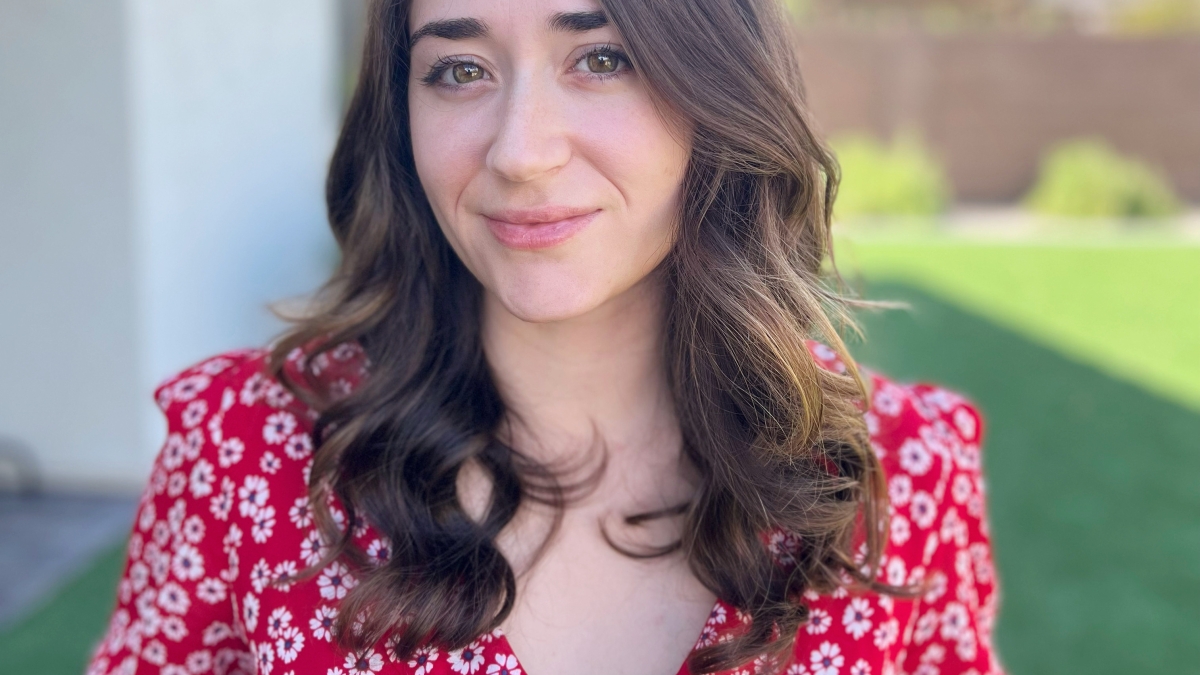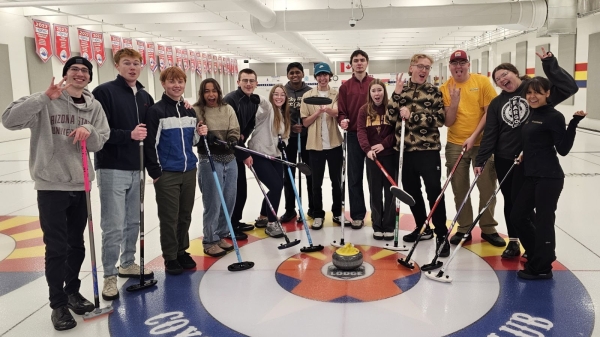ASU senior finds passion for international relations, diplomacy through cultural upbringing

Lauren Pukalo
Now in her last semester of college at Arizona State University, Lauren Pukalo is reflecting on her passions, deeply influenced by her background and upbringing as a first-generation Cuban American.
Growing up with a strong knowledge of her heritage gave Pukalo a sense of pride.
“As one of the first women in my family to attend college, I see how my family’s experience can help serve me in continuing to empathize with others while pushing to make a difference in our world,” she said.
Pukalo has utilized her political science major to gain a valuable perspective on people and culture, useful for diplomacy and international relations.
With a will for change, she has spent the majority of her academic career conducting research and gaining hands-on experience across the borders of the world.
Through the ASU World Innovators Program, Pukalo virtually worked with Jerlie Requerme, a Supreme Court Justice in the Mindanao region of the Philippines, on a project that addressed the digital divide that primarily affects Indigenous communities while simultaneously seeking efficiency and transparency in the judicial branch.
Pukalo said she learned about the challenges that can come from bureaucracy, wanting to change the status quo and working to leave something better than you found it during her internship.
“It gave me the confidence to hone my authenticity and take initiative,” Pukalo said, as she reflects on her involvement in the ASU World Innovators Program.
Through the program, she also had the pleasure of assisting the Australian-American Leadership Dialogue in Washington, D.C., where she learned the values of communication, dedication and teamwork despite cross-cultural differences.
Pukalo’s initiative to partake in many career-building opportunities led her to her current position working as a Diplomacy Podcast Intern with the Leadership, Diplomacy and National Security Lab.
As an analytical person, Pukalo revealed that the internship challenges her to work on communication and marketing skills. She enjoys integrating her science orientation with her creative side to improve all aspects of the podcast, including coverage material and gauging a diagnostic understanding of the listeners.
“I honestly cannot speak highly enough of the faculty and the lab,” Pukalo said.
“I’ve learned so much from the faculty; they truly care about the students and are willing to help by providing opportunities and resources. All in all, the experience has really helped influence my path and future career.”
Pukalo gives thanks to ASU for providing her with a world-class education where she encountered nurturing professors that contributed to her learning and curiosity about key issues in the world.
More Sun Devil community

ASU Open Door to kick off its 13th year in February
Where can you operate the controls of a flight simulator, have a virtual reality adventure and even learn how Taylor Swift…

Sun Devil Curling Club students represent Team USA at FISU World University Games
When Andrea McDonald founded the Sun Devil Curling Club four years ago as a first-year Arizona State University student, she…

Entrepreneurs, researchers among 2025 Founders’ Day awardees
The ASU Alumni Association has announced the honorees for the 2025 Founders' Day celebration — an event that honors the vision,…